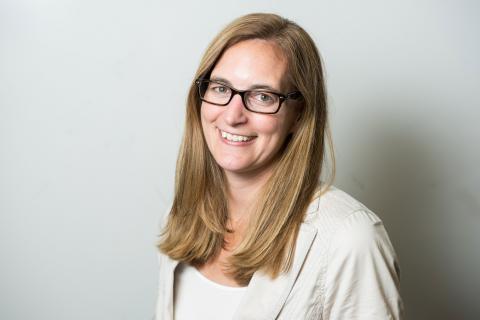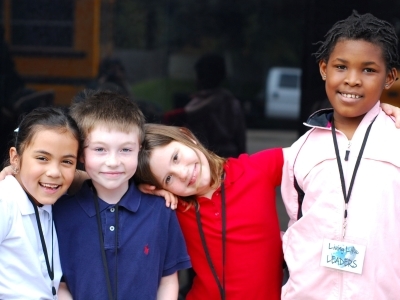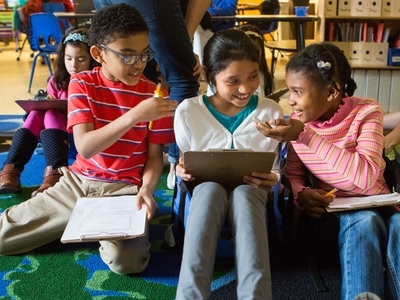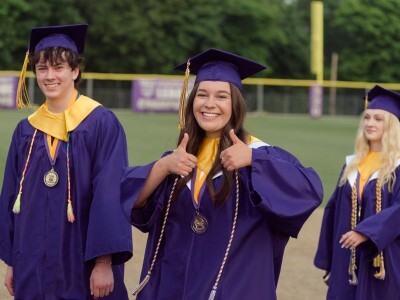Managing the Change to Personalized Learning
Topics
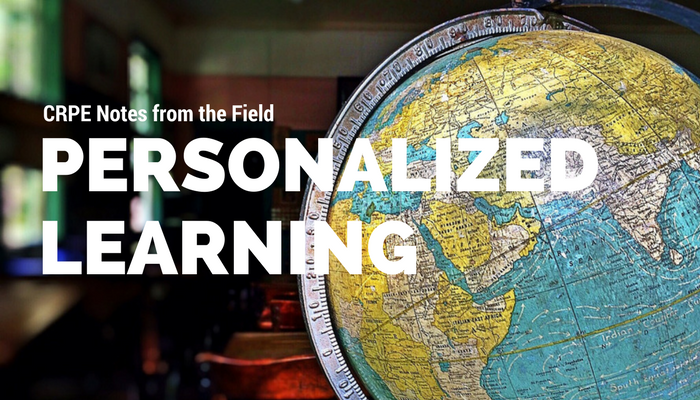
Today’s learners face a rapidly changing world that demands far different skills than were needed in the past. We also know much more about how student learning actually happens and what supports high-quality learning experiences. Our collective future depends on how well young people prepare for the challenges and opportunities of 21st-century life.
Redesigning schools to personalize learning means getting all teachers on board, engaging all students, and making sure parents understand and are on board. A tall order for school leaders.
Personalized Learning Will Live or Die on Ability to Manage Change, says Robin Lake of the Center for Reinventing Public Education (CRPE). I couldn’t agree more. And in fact, I believe rethinking the change process is the single most important element of redesigning schools for the 21st century.
Why? You’ve probably heard of initiative fatigue, searching for the silver bullet, and off-the-shelf solutions.
New initiatives in education don’t seem to last very long.
The only way for personalized learning to work, and to last, is if it’s personalized...that is, designed by the community for the community (and led by educators). But a community is a thriving, evolving organism. So personalized learning has to respond to the changing environment of the community it serves.
The industrial, factory-based model doesn’t work so well anymore because the world has changed. A personalized learning model for school better reflects our current world. But for how long? The world will continue to change, and more rapidly, and our schools need to keep changing with it. Robin’s post offers strategies to support education leaders who are managing this change. I have a feeling it’s the only constant they can count on.
Even the best thinking on redesigning schools to personalize learning will be for naught if school and district design teams can’t lead and manage the change process that a move to PL entails. In schools, that process means getting all teachers on board, engaging all students in the new approach, and making sure parents understand and support it. Not attending to these fundamentals can create a fast track to failure.
A serious shift toward PL severely disrupts the status quo. It uproots what is taught and how, what the expectations are for students and how they are assessed, and how teachers plan and execute lessons. And because true PL hands over some control to students, it injects an element of unpredictability into everyone’s work. Of course, teachers can always close their classroom doors and teach the way they always have. Students can revolt against an approach that might make it harder for them to get good grades. And parents can vocally resist out of fear and distrust of the new school order. But the uneven implementation that inevitably results has real-world consequences. It’s hard on students, who experience radically different approaches and expectations from classroom to classroom. And it’s hard on teachers, calling into question the point of sinking so much time and effort to make the new approach effective and sustainable, and dampening enthusiasm of those working hard to do so.
Continue reading Personalized Learning Will Live or Die on Ability to Manage Change on CRPE’s blog.
Related Posts
- When Teachers Work Together to Personalize Learning - Shifting to personalized learning is a heavy burden for teachers when they need to do it all themselves but can be sustainable when they work together. CRPE’s Betheny Gross shares examples of educator-led communities of practice focused on personalized learning in a Colorado district and in New Orleans.
- We Need to Personalize Personalized Learning - Ultimately, personalized learning should be about problem-solving to help every student thrive, not one particular approach to instruction. But teachers need support to be able to manage the complexity of this task, says CRPE’s Robin Lake.
- Teachers Need More Clarity When it Comes to Personalized Learning - When schools map their theory of personalized learning, claims CRPE’s Betheny Gross, teachers can see how the activities they do in the classroom lead to the goals they set with and for students.

